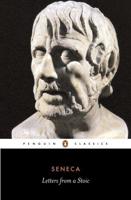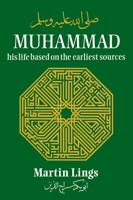Publisher's Synopsis
Before the Second World War, two golden "promised lands" beckoned the thousands of Baghdadi Jews who lived in Southeast Asia: the British Empire, on which "the sun never set," and the promised land of their religious tradition, Jerusalem. Almost Englishmen studies the less well-known of these destinations. The book combines history and cultural studies to look into a significant yet relatively unknown period, analyzing to full effect the way Anglo culture transformed the immigrant Bagdhadi Jews. England's influence was pervasive and persuasive: like other minorities in the complex society that was British India, the Baghdadis gradually refashioned their ideology and aspirations on the British model. The Jewish experience in the lush land of Burma, with its lifestyles, its educational system, and its internal tensions, is emblematic of the experience of the extended Baghdadi community, whether in Bombay, Calcutta, Shanghai, Singapore, or other ports and towns throughout Southeast Asia. It also suggests the experience of the Anglo-Indian and similar "European" populations that shared their streets as well as the classrooms of the missionary societies' schools. This contented life amidst golden pagodas ended abruptly with the Japanese invasion of Burma and a horrific trek to safety in India and could not be restored after the war. Employing first-person testimonies and recovered documents, this study illuminates this little known period in imperial and Jewish histories.









